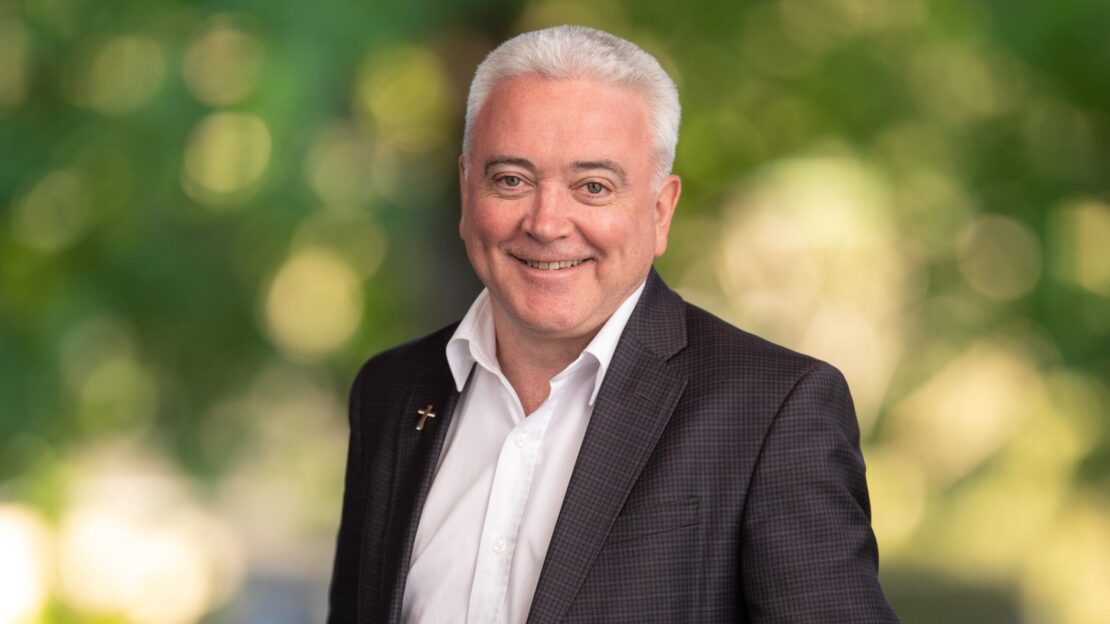Welcome to the third Sunday of the Easter season. This Sunday the church presents us with the text of Luke 24:35- 48. This text is the conclusion to the full text of the narrative of the disciples on the road to Emmaus. If you have never read the text, take the time to do it today (Luke 24:12-35)
It is important to remember that the evangelists, Matthew, Mark, Luke and John, all wrote their gospels after the event of the resurrection of Christ. They are all telling their stories from the perspective of those who have experienced both the death and the resurrection of Christ. The text that we are given this week grapples with the question of how the next generation of people will come to know Jesus. Does that sound like a familiar question? Isn’t it what we so often ask as well? How will the next generation know and love Jesus Christ? Luke’s text, in many ways, goes about answering that question.
Two disciples are walking the road from Jerusalem to Emmaus. As they walk, they talk. They talk of their hopes and dreams for their lives. They talk about the disappointments they have experienced, and particularly the latest disappointment, that the one they had hoped would be the answer to their prayers had been arrested, killed and buried. They were confused, disoriented and lost. The journey seems to have no purpose at that moment. Just keep walking. Anywhere but the big city of Jerusalem, which had let them down.
The next stage in the narrative, we are told that these two are met by Jesus, although they are unable to recognise him. It is not a coincidence that Luke tells us that they could not recognise him. Luke is naming the experience of everyone who has come generation after generation. We cannot immediately recognise and talk to Jesus in the same way as we do to one another. He goes on to explain. The travellers continue to tell their story and share their struggles and disappointments. It is then that we are told that the one they could not recognise explains to them the meaning of the Scriptures. He talks to them about the many passages of Scripture that are about (his) life, death and resurrection. Presumably he explains to them that God desires life to the full, for all the earth and its peoples. And Luke, carefully explains to the reader, that it is only later, when the ‘stranger’ has disappeared from their eyes, that they recall that they had felt alive and in the presence of Jesus as the Scriptures were read and explained. Could it be that in and through the Word of God, that we really can experience the presence of Christ among us?
The narrative continues, and this time we hear that the travellers have come to the end of their day. Now, they ask the stranger to stay with them and share a meal. Luke tells us that while at table it is the stranger who takes the bread and broke it and gave it to the weary travellers. Presumably they take and eat. And immediately they are overwhelmed with the presence of Christ, even though he is absent. The travellers are left alone. Or are they? Luke explains that these travellers, who had begun the day feel rather down and out, are now filled with energy. The question about how the next generation will come to know Jesus Christ is given an answer. When the Scriptures are read and explained, he is present. When the bread is broken and shared, he is present. When we stop and share our stories together, he is present. So overwhelming is this experience that the two travellers get up from table and head straight out (at that instant) to tell their story, to proclaim the resurrection and to let others know that the Lord is still with us.
The dynamic of this story is still at work today. Across our parishes we have a group of seven adults who are preparing to be baptised and confirmed into the Church at Pentecost, the culmination of the Easter season. That group will continue to be accompanied by a team of parishioners, as together we share our stories, listen and explore the Scriptures and prepare to share together in the breaking of the bread at Pentecost. The road to Emmaus is not an ancient text. It is a living text and comes alive each time the pattern of storytelling, Scripture sharing and bread breaking occurs.
By Fr Brendan Reed
Published: 12 April 2024




Comments
Julian
Congratulations to Lieutenant Fr Trac
Yolanda Torrisi
Great reflection of this reading. Thanks Fr Brendan
Add Comment